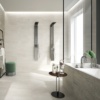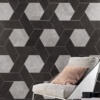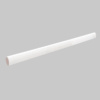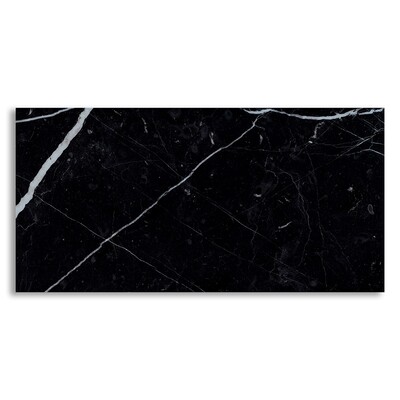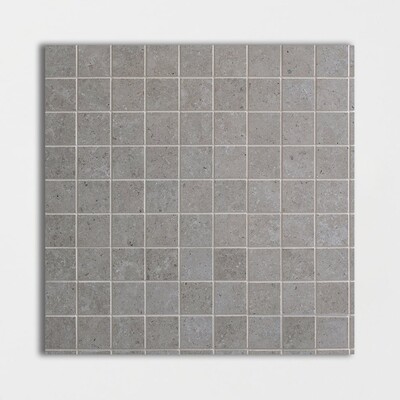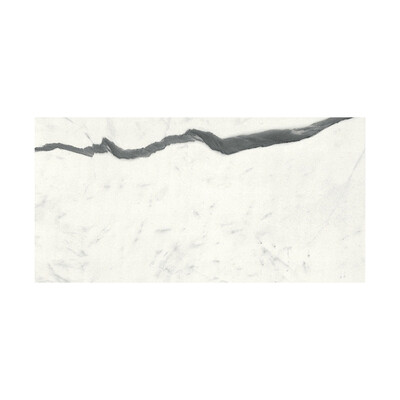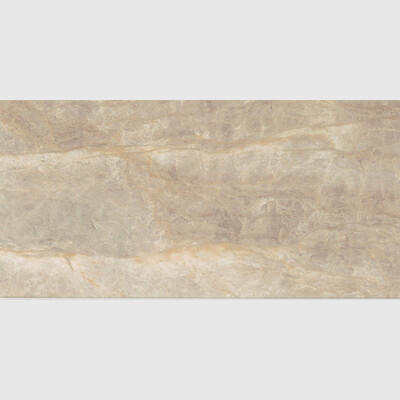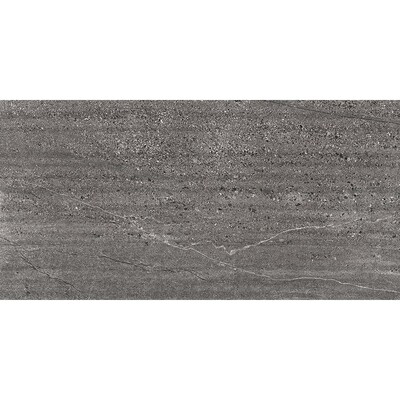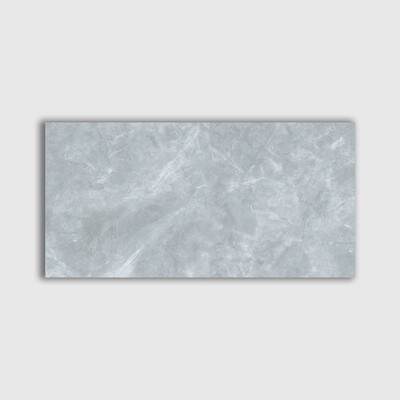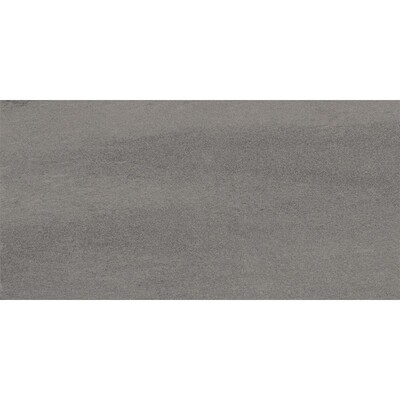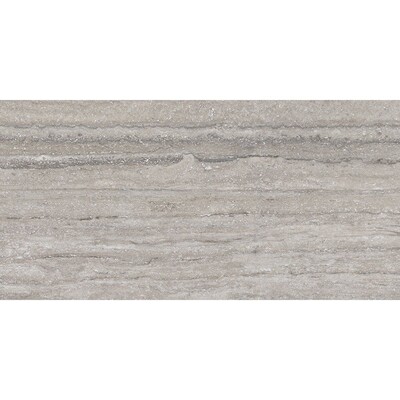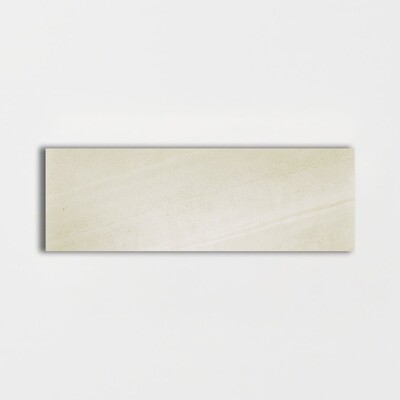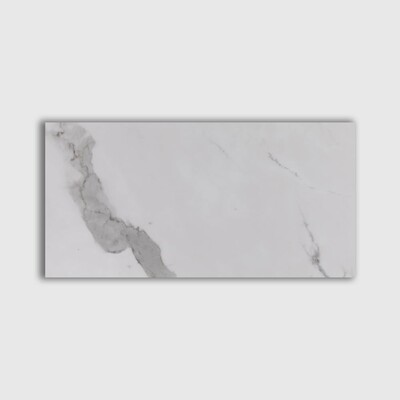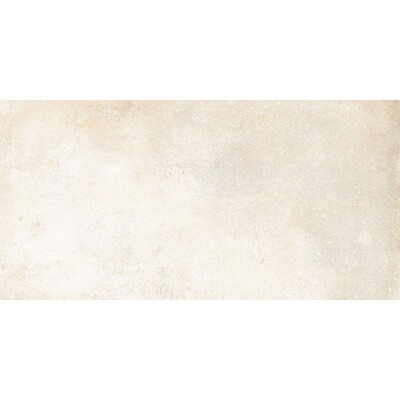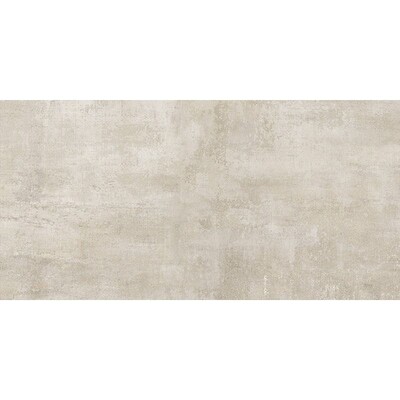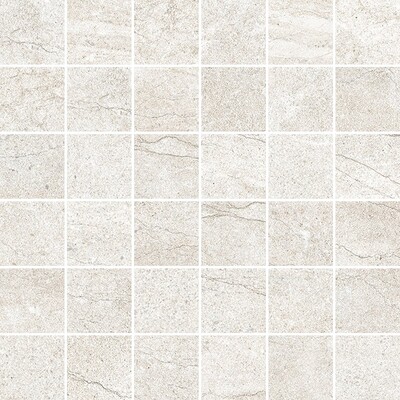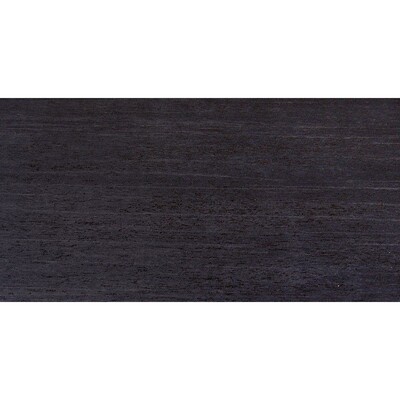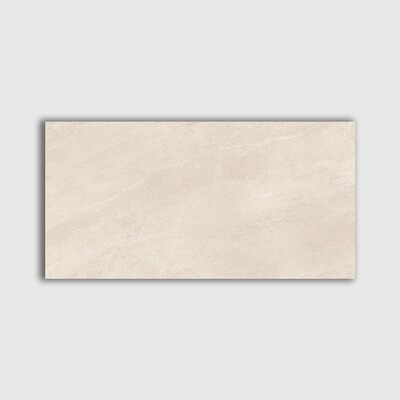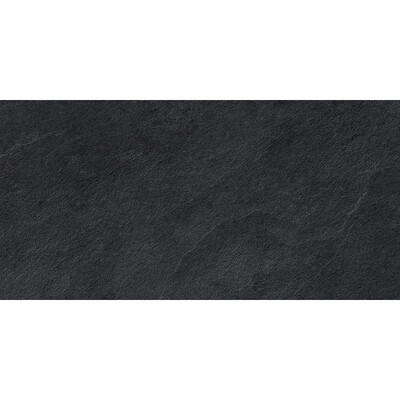1–20 of 663 results
Porcelain tile is made from refined clay fired at extremely high temperatures (over 1,200°C), creating a dense, non-porous material, that's cool, isn't it? This intense firing process produces tiles with less than 0.5% water absorption, making them suitable for both indoor and outdoor use. Modern porcelain manufacturing creates realistic textures that mimic marble, wood, concrete, and natural stone, just like a limestone tile, without the maintenance issues of natural materials.
Porcelain tiles are way more durable than the other tile options we know, with water absorption rates below 0.5%, making them perfect for wet areas like bathrooms and outdoors. The variety of porcelain is unbelievable! From marble look porcelain tile to wood grain finishes, you get premium aesthetics without ongoing maintenance requirements. Glazed porcelain tile surfaces resist stains, scratches, and daily wear that would damage other materials. Best of all, porcelain works everywhere from kitchen backsplashes to commercial floors, giving you design flexibility that natural materials can't match.
Porcelain tiles cost more than other ceramic alternatives, and their density makes them harder to cut during installation, which can increase labor costs (but when you see our porcelain options, you'll decide that it's worth). The surface can show water spots on darker colors, especially black porcelain tile, so you'll need to stay on top of regular cleaning. Cold climates might find porcelain feels chilly underfoot compared to other flooring options. However, these minor considerations pale in comparison to the long-term durability and low maintenance that porcelain provides.
Fun fact, porcelain tiles are so durable that properly installed porcelain tiles can last 50+ years in residential applications and handle decades of heavy use in commercial settings. The non-porous surface doesn't deteriorate from moisture, stains, or normal wear like other materials might. You'll likely need to refresh grout lines before the porcelain tiles themselves show any signs of aging!
Porcelain tiles are technically water-resistant rather than completely waterproof, though the difference is minimal in practical applications. High-quality porcelain absorbs less than 0.5% water, making it suitable for wet areas like showers, pools, and outdoor installations. The tiles themselves handle moisture excellently, but water can still penetrate through grout lines if not properly sealed. For true waterproofing in critical areas like shower pans, you'll need proper waterproofing membranes behind the porcelain tile installation.
Slip resistance thing depends entirely on the tile finish you choose, not the material itself. Polished porcelain surfaces can become slippery when wet, making them better suited for walls than floors in wet areas. However, textured and matte finish porcelain tiles provide excellent slip resistance, which is why porcelain shower floor tiles with non-slip surfaces are so popular. Many manufacturers specifically design porcelain pavers and bathroom floor tiles with textured surfaces that maintain grip even when wet.
What people often mistake for water stains are mineral deposits or soap residue sitting on top of the glazed surface, which clean off easily with regular maintenance. Hard water can leave temporary spots on darker porcelain colors, but these wipe away with standard cleaning products.
Porcelain tile works really well in bathroom designs because it handles moisture, soap, and self-care product residues, and daily use without requiring constant maintenance. The non-porous surface resists mold and mildew growth, making bathroom porcelain tile practically maintenance-free compared to other materials.
Porcelain floor tiles excel in high-traffic areas where other materials fail, from busy kitchens to commercial spaces that see hundreds of visitors daily. The dense composition and low water absorption make porcelain a great floor tile option that is incredibly durable and stain-resistant.
Porcelain tiles are one of the most popular options for every kind of space. From luxury hotel lobbies to your neighbor's kitchen remodelling made at the beginning of the summer. They've earned their spot not through clever marketing and empty promises, but by solving real problems that other flooring materials can't handle. When you need something that looks stunning but won't crack under pressure, porcelain tiles could be your choice every single time.
Why Would You Choose Porcelain Tiles?
Porcelain tile starts with refined clay, but the magic happens in the kiln. Fired at temperatures exceeding 1,200°C, these tiles become denser and stronger than their ceramic cousins (yes, by the way, they are cousins). This intense heat creates a material so non-porous that water absorption stays below 0.5%. Compare that to regular ceramic tiles, and you'll understand why porcelain floor tiles handle everything from restaurant spills to outdoor freeze-thaw cycles that you'll probably experience.
The ceramic vs porcelain tile debate usually focuses on cost, but misses the real point. Porcelain tiles cost more upfront because they last longer and perform better in challenging conditions. Installing these tiles in a high-traffic commercial space or an outdoor patio, that extra investment pays off all year long, and that's awesome.
Porcelain Pavers and Outdoor Applications
Outdoor porcelain tile installations have revolutionized patio and pool deck design. Unlike natural stone, which requires constant sealing, porcelain pavers handle weather extremes without cracking or fading. Rain, snow, UV rays, and temperature swings that destroy other materials barely affect quality porcelain tiles. This makes porcelain patio tiles perfect for climates where seasons change more than you think. So, if you don't want to take risks, you can play on porcelain!
Different Designs You Need To Try
Large Format Porcelain Tile
Large format porcelain tile creates a spacious and very seamless surfaces that make spaces feel bigger and more luxurious (especially in your grand living rooms and lobbies). Fewer grout lines mean easier maintenance and cleaner aesthetics. In commercial tile projects, 24x48 porcelain tiles and even larger formats reduce installation time while creating an impressive visual flow.
Where Can Use Porcelain Tiles?
Kitchen Porcelain Tile Solutions
Best porcelain tiles for kitchen floor applications combine slip resistance with stain protection. Cooking involves oil, wine, tomato sauce, and other substances that permanently damage porous materials. Glazed porcelain tile surfaces resist all of these while maintaining their appearance through years of daily use.
Porcelain tile backsplash installations handle grease splatter better than painted walls or natural stone alternatives. The non-porous surface wipes clean with basic household cleaners, and unlike natural stone, acidic ingredients won't etch or stain the surface. Porcelain subway tile remains popular for backsplashes because the classic shape works with any design style while providing practical benefits.
Bathroom Porcelain Tile Options
Bathroom porcelain tile faces constant moisture and cleaning products that would damage other materials. The water absorption rate of quality porcelain tiles stays so low that mold and mildew have nowhere to grow. This makes porcelain shower tile installations practically maintenance-free compared to natural stone alternatives that require regular sealing and special cleaning products.
Make Your Guests Impressed in the Living Room
Living room porcelain tile installations create a high-class space. Kids, pets, entertaining, and daily foot traffic that would wear down other flooring materials barely affect quality porcelain tiles. The durability factor becomes especially important in open floor plans where the living area connects to kitchens and dining spaces.
Color and Finish Options for Every Project
Classic Color Options
White porcelain tile remains as the popular one because it doesn't outdate your space or limit your decorating options within a specific color palette. Calacatta white polished marble look porcelain tiles provide luxury aesthetics with practical benefits that real marble can't match. The polished finish reflects light beautifully while resisting stains that would ruin natural marble.
Black porcelain tile creates brave and bold statements in modern spaces alike. The key lies in choosing the right finish! Matte porcelain tile hides water spots and fingerprints better than polished surfaces, making maintenance easier in high-use areas.
Tile Finish Options
Glazed porcelain tile provides the ultimate in stain resistance and easy maintenance. The glazed surface creates a protective barrier that keeps dirt, spills, and cleaning products from penetrating the tile body. This makes glazed varieties ideal for kitchens, bathrooms, and commercial applications where cleanliness matters most.
Matte porcelain tile finishes hide imperfections better than glossy surfaces while providing slip resistance that polished tiles can't match. The imperfect texture of the glaze adds a kind of soul to the tile without creating cleaning challenges that heavily textured surfaces sometimes present.
Installation and Maintenance Details You'd Like to Know
How to Clean Porcelain Tile Properly?
Learning how to clean porcelain tile correctly extends the life and beauty of your investment. The non-porous surface means that regular sweeping and mopping with warm water and mild detergent handles most cleaning needs. Here's the deal: porcelain tiles maintain their appearance with basic household products! Stubborn stains on porcelain respond to baking soda paste or standard household cleaners that would damage natural stone surfaces. The glazed surface naturally resists most substances, making deep cleaning unnecessary when you maintain regular cleaning schedules.
Visit our tile showroom near you to see the quality differences in person and experience what porcelain tiles can offer you and how they would turn your project into something worth mentioning!
